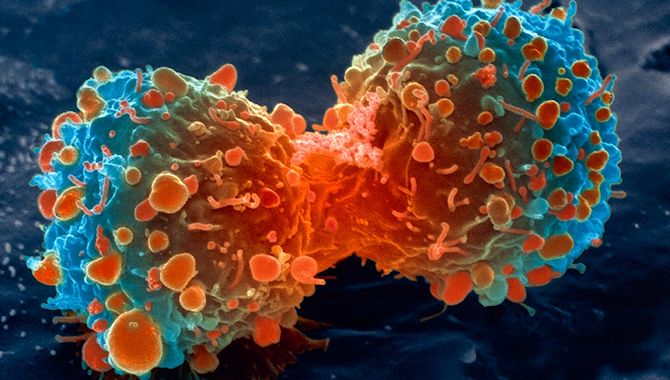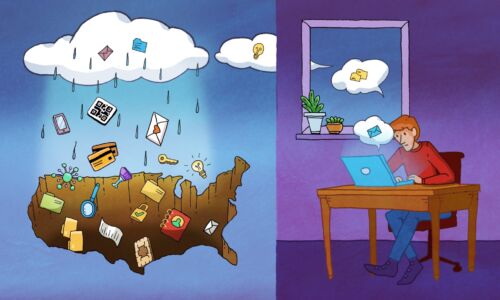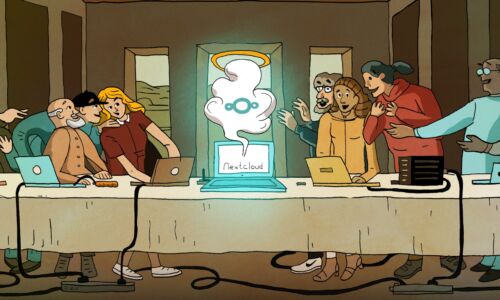‘Cancer often occurs coincidentally’
-
 Image: Science photo library
Image: Science photo library
In 2015, researchers at the American Johns Hopkins University published a study that showed that coincidence is one of the main reasons people get cancer. They were heavily criticised. Now, they publish the study again. And it's solid, says Radboud professor Bart Kiemeney.
Last week, oncologist Bert Vogelstein and statistician Cristian Tomasetti of the Johns Hopkins University in Baltimore wrote in Science that in one third of the cases, cancer can be prevented. The other two-thirds are coincidental. The researchers compare the number of stem cells in an organ with the number of new cancer cells in that organ. The more stem cells the organ contains, the more spontaneous changes in DNA can occur. Radboudumc cancer epidemiology professor Bart Kiemeny: ‘A third might sound like a small part, but in anually, it means 35.000 people in The Netherland.’
Researchers examined cancer in seventeen organs, from people from 69 countries. The results are an average of those seventeen types of cancer, which all originate differently. Some types are easier to prevent than others. Lung cancer, for example, is preventable in almost 89 percent of the cases, by living healthier and smoke free, according to American researchers.
Pure coincidence
Two-thirds of all cancer cases are based on pure coincidence. Kiemeny warns that this can be a dangerous message: ‘people should not start to think that they can just do everything they want because cancer is a coincidence’, he thinks. ‘On top of that, cancer doesn’t have óne cause. A smoker who gets cancer has bad luck, because otherwise, all smokers would get cancer.’
Scientists always thought that mainly genetic reasons and surroundings were important when it comes to cancer development. Now, it became clear that in many cases back luck mutates the DNA. This does not always have to lead to cancer. Think of it as a bucket that fills up slowly: small changes in DNA and life style factors like obesity and smoking fill up the bucket. When the bucket flows over, cancer can develop. An extra sigaret, obesity or too much alcohol can be the last drop. A healthy life style definitely matters.
‘Solid research’
Two years ago, researchers Vogelstein and Tomasetti already showed their results to the world. Back then, they received a lot of criticism from all over the world. According to many of their colleagues, they ‘pretended that cancer is unpreventable’. How do medical professionals receive their research now? Kiemeney: ‘a few important tumors, like breast and prostate cancer were not included in the research two years ago. Now, they have improved their methods’.
In the first study, the Americans only studied people from their own country. In the second version, they also looked at people from 68 other countries. Kiemeney calls the results of the second study ‘very solid’. The researchers conclude that further research should focus on earlier detection methods of cancer. The Nijmegen professor does not agree with that at all. ‘First, let’s prevent those 35.000 cases that occur because of bad life style choices.’




carlos schreef op 30 maart 2017 om 14:42
NB
John[s] Hopkins University
Niels Kramer schreef op 30 maart 2017 om 14:53
Thanks for your reply. We corrected the name in the article.
an schreef op 31 maart 2017 om 18:50
This is common knowledge, right? We know for years that cancer is the result of several damaged genes which our cells failed to repair. We also know that this damaging happens mostly by natural processes and rely on chance